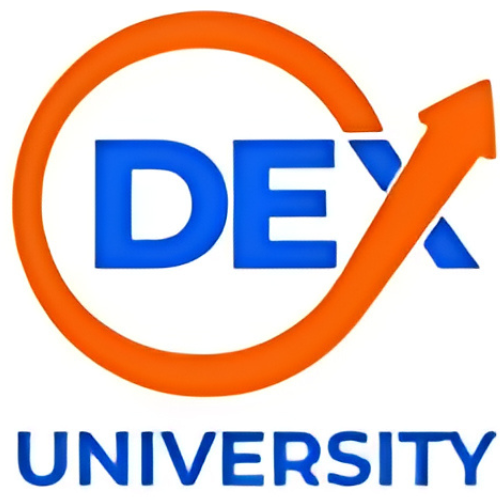The educational landscape in Cameroon is undergoing a significant transformation, driven by the growth of online and hybrid learning models. These innovative approaches are reshaping how students access education, making it more flexible, inclusive, and aligned with modern technological advancements. In this blog, we explore the growth of online and hybrid learning in Cameroon, its benefits, challenges, and future prospects.
1. The Rise of Online Learning
Online learning has seen exponential growth in Cameroon, particularly in response to the COVID-19 pandemic. The need for remote education solutions accelerated the adoption of online learning platforms and tools. Universities and educational institutions quickly adapted to the new normal by offering online courses and programs, ensuring that learning could continue uninterrupted.
Benefits of Online Learning
- Flexibility and Convenience: Students can access course materials and lectures from anywhere, at any time, making education more accessible for those with geographical or time constraints.
- Diverse Learning Resources: Online platforms provide access to a wide range of resources, including video lectures, e-books, and interactive modules, enhancing the learning experience.
- Personalized Learning: Online learning allows for personalized pacing, enabling students to learn at their own speed and revisit challenging topics as needed.
- Cost-Effective: Online education often reduces costs associated with commuting, accommodation, and physical textbooks, making higher education more affordable.
2. Hybrid Learning: The Best of Both Worlds
Hybrid learning, a blend of online and in-person education, is gaining popularity in Cameroon. This model combines the flexibility of online learning with the benefits of face-to-face interactions, providing a balanced and comprehensive educational experience.
Advantages of Hybrid Learning
- Enhanced Engagement: Hybrid learning encourages active participation through both online discussions and in-person activities, catering to different learning styles.
- Collaborative Learning: Students can collaborate on projects and assignments both online and offline, fostering teamwork and communication skills.
- Access to Technology: Hybrid models leverage digital tools and technologies, preparing students for a tech-driven workforce.
- Resilience: The hybrid approach ensures continuity of education during disruptions, such as pandemics or natural disasters, by seamlessly transitioning between online and in-person formats.
3. Challenges and Solutions
While the growth of online and hybrid learning in Cameroon presents numerous benefits, it also comes with challenges that need to be addressed for effective implementation.
Challenges
- Digital Divide: Limited access to reliable internet and digital devices in some regions can hinder the effectiveness of online learning.
- Technical Skills: Both students and educators need adequate training to effectively use online learning platforms and tools.
- Quality Assurance: Ensuring the quality and accreditation of online courses can be challenging, necessitating robust evaluation mechanisms.
- Student Engagement: Maintaining student engagement and motivation in an online environment can be difficult without face-to-face interaction.
Solutions
- Infrastructure Development: Investing in digital infrastructure, such as internet connectivity and access to devices, is crucial for bridging the digital divide.
- Training Programs: Offering training for educators and students on using online learning tools and platforms can enhance digital literacy and competence.
- Accreditation Standards: Establishing clear standards and guidelines for online course quality and accreditation can ensure educational integrity.
- Interactive Tools: Incorporating interactive elements, such as live discussions, virtual labs, and multimedia content, can boost student engagement and participation.
4. Future Prospects
The future of online and hybrid learning in Cameroon looks promising, with continued advancements and innovations paving the way for a more dynamic educational landscape.
Innovative Trends
- Artificial Intelligence: AI-driven personalized learning experiences and automated grading systems can enhance the efficiency and effectiveness of online education.
- Virtual Reality: VR technology can provide immersive learning experiences, particularly in fields such as medicine, engineering, and the sciences.
- Mobile Learning: The proliferation of smartphones offers opportunities for mobile learning, making education accessible to a broader audience.
- Global Collaboration: Online platforms enable collaboration with international institutions, providing students with a global perspective and access to diverse expertise.
Conclusion
The growth of online and hybrid learning in Cameroon represents a transformative shift in the educational paradigm. By embracing these innovative models, Cameroon’s educational institutions can offer more flexible, inclusive, and high-quality learning experiences. As challenges are addressed and technological advancements continue, the future of online and hybrid learning in Cameroon holds great potential for enhancing education and preparing students for the demands of the modern world.

